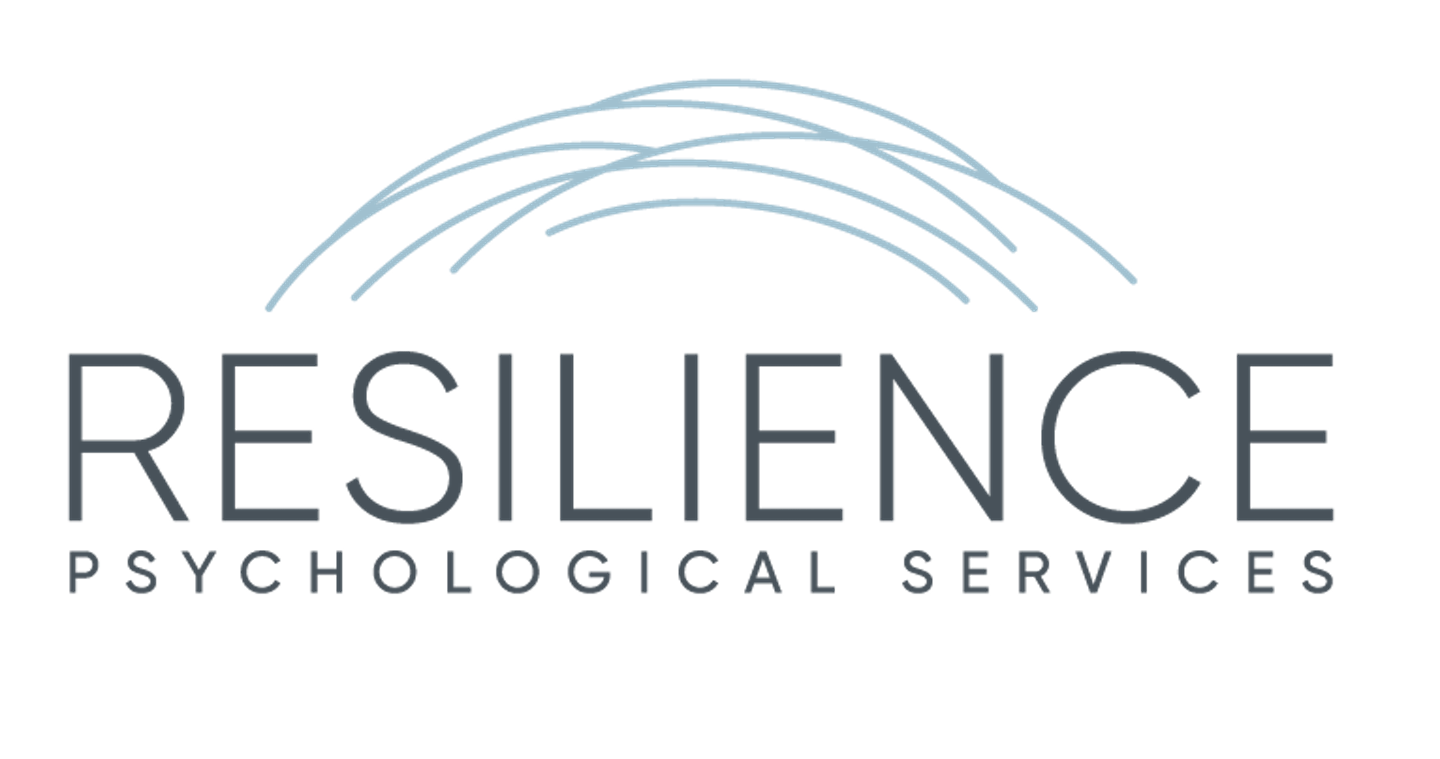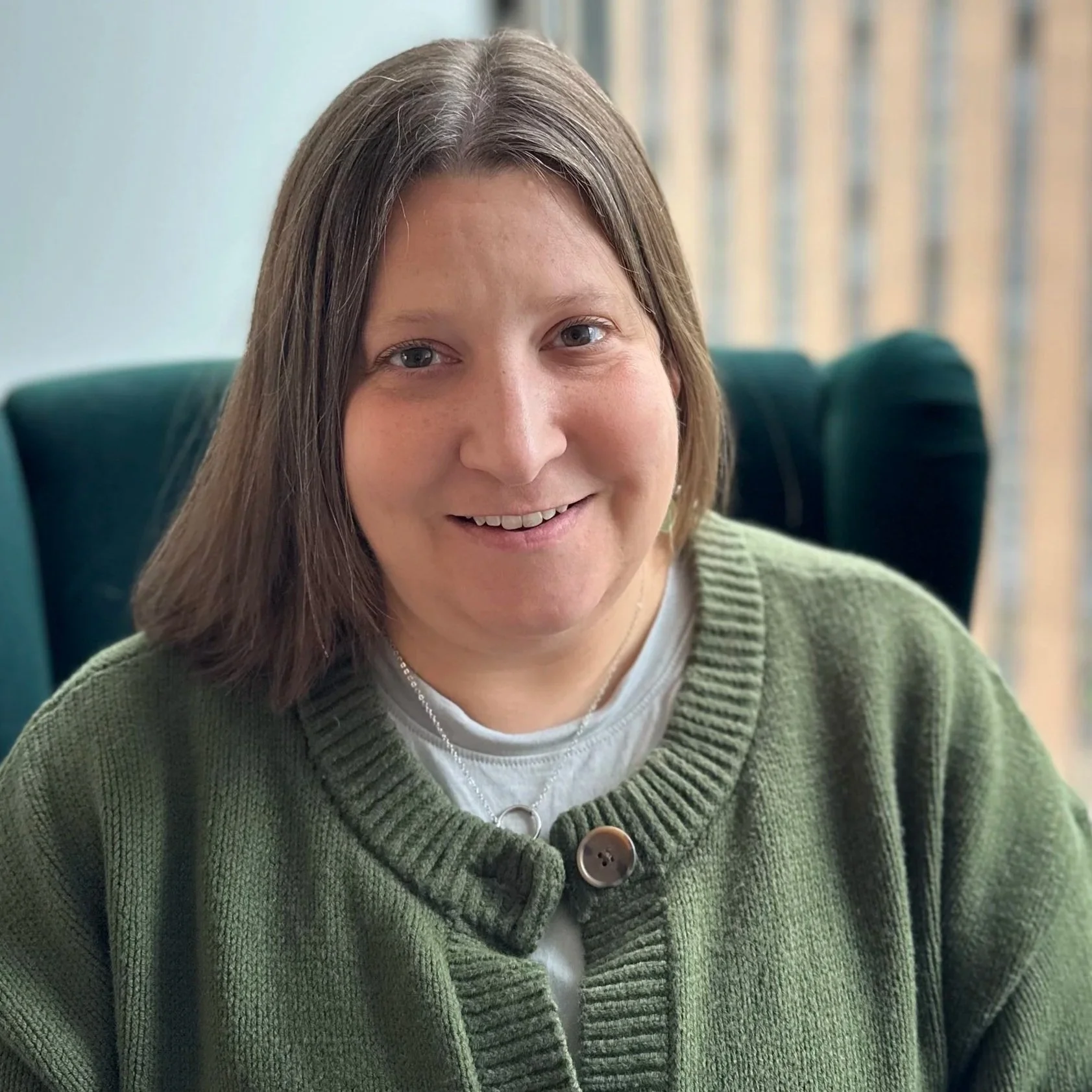What Is Complex Trauma?
Complex trauma can follow early or cumulative developmental adversities, such as neglect, abuse, poverty, the mental illness or substance use of a parent, or exposure to violence. Early life traumatic experiences are unfortunately very common. The effects of complex trauma may lead to a syndrome called complex post-traumatic stress disorder, or C-PTSD, which is characterized by difficulties in emotional regulation, consciousness and memory, self-perception, perception of others, and relational conflicts, along with struggles to feel a sense of meaningfulness in life.
Simply put, traumatic experiences make it difficult to become who we are. Instead of spending our time safely and comfortably developing our sense of self (the identity formation that is at the heart of our development as human beings) we may devote our time and attention to surviving during and after trauma. When this happens during early childhood, the effects can be especially profound and long-lasting.
How We Can Help
We consider it a great privilege to accompany individuals who are on the long and arduous path to healing from something as painful as complex trauma. We pride ourselves on providing sensitive, compassionate, and thoughtful mental health care. In our initial meetings, we’ll work with you to understand your experiences and to establish a sense of trust and safety in our therapeutic partnership. We’ll work with you to discuss how to maintain healthy boundaries in your relationships, how to self-soothe, and how to generally take care of yourself with gentleness and attention. Over time we’ll be able to deepen your processing of, and reflection on, the painful experiences you may have endured, together with the other difficult emotions that may have come along with those experiences. We’ll offer strategies for handling these big emotions as we walk alongside you every step of the way.
Because complex trauma can disrupt identity formation, some of the work of therapy (beyond discussing early life experiences) involves supporting you as you explore who you are and who you want to become.
Do you feel like you’re ‘good enough’? Can you identify your feelings as they arise? Do you feel secure and complete in who you are? And, moreover, who are you? These are some of the incredibly important questions we may want to tackle in therapy if you’re someone who has experienced complex traumas. The answers can have lasting effects not only on your inner world, but also on the ways you interact with others at home, in your friendships, and at work.
It can take substantial time, effort, and tremendous courage to begin the path to healing from complex trauma, and you are absolutely worth it. We invite you to contact us for a free consultation.
Common Signs
Difficulty identifying or expressing emotions
Difficulty remembering large parts of childhood
Feeling drawn towards destructive relationships
Feelings of shame or guilt
Impulsive decision-making
Isolation
Self-destructive behaviors
Sense that something is ‘missing’ in you

















